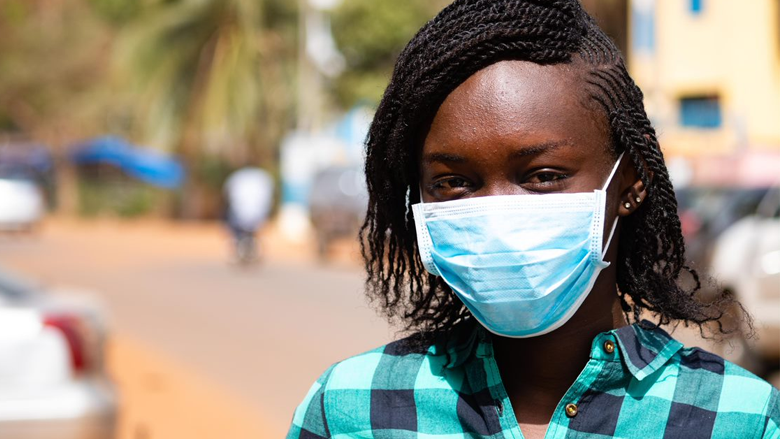The 2014–2016 Ebola outbreak in West Africa dramatically exposed the need for more resilient health systems. The outbreak overwhelmed the public health systems in Guinea, Liberia, and Sierra Leone, allowing for rapid escalation and geographic spread of Ebola, as well as the disruption of essential and life-saving health services. It was clear that in order to prevent, detect, and respond to the threat of emerging and epidemic-prone diseases, multi-sector engagement and collaboration among neighboring countries were desperately needed.
The IDA-supported Regional Disease Surveillance Systems Enhancement (REDISSE) Program was launched in 2016 to help Benin, Burkina Faso, Cabo Verde, Cote d’Ivoire, The Gambia, Ghana, Guinea, Guinea-Bissau, Liberia, Mali, Mauritania, Niger, Nigeria, Senegal, Sierra Leone, and Togo respond to the challenges created by the Ebola outbreak and better protect against epidemic threats. Now, REDISSE has strongly positioned these countries as they face yet another health crisis—the global COVID-19 pandemic.
The project has helped to incentivize countries to invest in modern disease surveillance systems, laboratory capacity, the health security workforce, and outbreak planning and readiness. Further, REDISSE’s “One Health” approach fosters collective action and cross-border collaboration among multiple sectors.
The network of 15 regional reference laboratories for human and animal health, the Advanced Field Epidemiology and Laboratory Training Program, and the regional stockpile for personal protective equipment, drugs, and vaccines for epidemic response established by the project have made it possible for all participating countries to quickly mount a response to COVID-19.
“We were able to enhance surveillance systems for all kinds of diseases across Senegal,” said Dr. Alpha Sall, Director General at the Institute Pasteur in Dakar. “The equipment provided will allow us to rapidly detect and improve our capacity to mobilize resources and respond to outbreaks like coronavirus.”
REDISSE’s activities have directly benefitted almost half a billion people living in some of the most vulnerable countries in the world. By advancing health security, countries in West and Central Africa were able to use all existing instruments and expertise when they were most needed, to respond to the COVID-19 threat.


